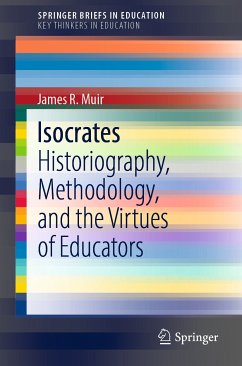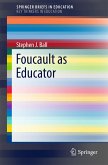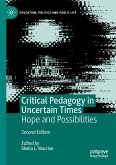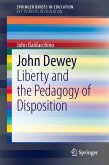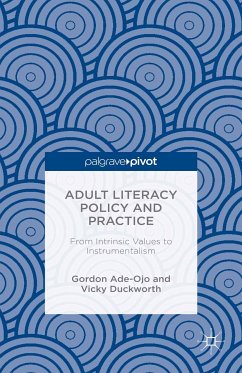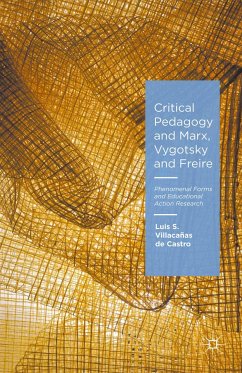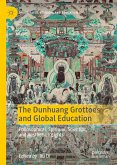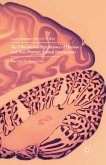This book argues careful study of the educational philosophy of Isocrates and its legacy can contribute to an improved understanding of the historiography of educational thought, his distinctive normative methodology in both political and educational philosophy, and his arguments about the primary importance of the virtues of self-knowledge and realistic self-appraisal for educational philosophers and practitioners.
At a time when educational philosophy has an increasingly precarious academic existence and educationists are actively seeking new historiographical and methodological approaches to the philosophical study of education, there is much to be gained by recovering and reevaluating the historiography and normative methodology of Isocrates and the role they play in educational discourse and practice today.
Dieser Download kann aus rechtlichen Gründen nur mit Rechnungsadresse in A, B, BG, CY, CZ, D, DK, EW, E, FIN, F, GR, HR, H, IRL, I, LT, L, LR, M, NL, PL, P, R, S, SLO, SK ausgeliefert werden.

